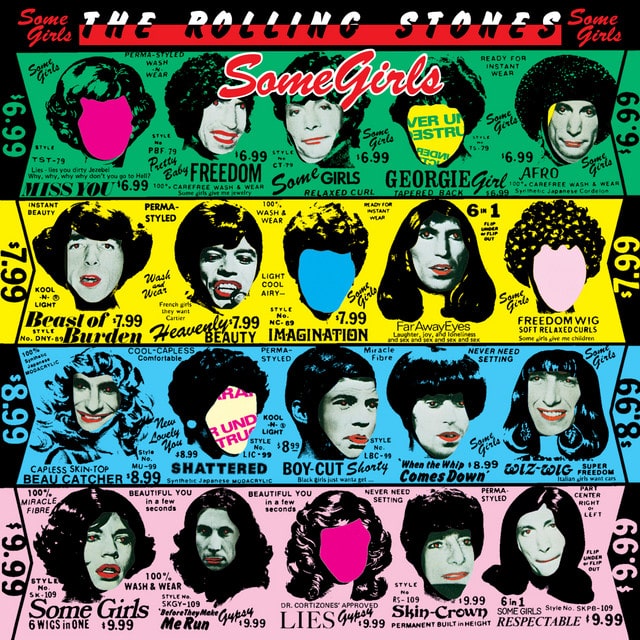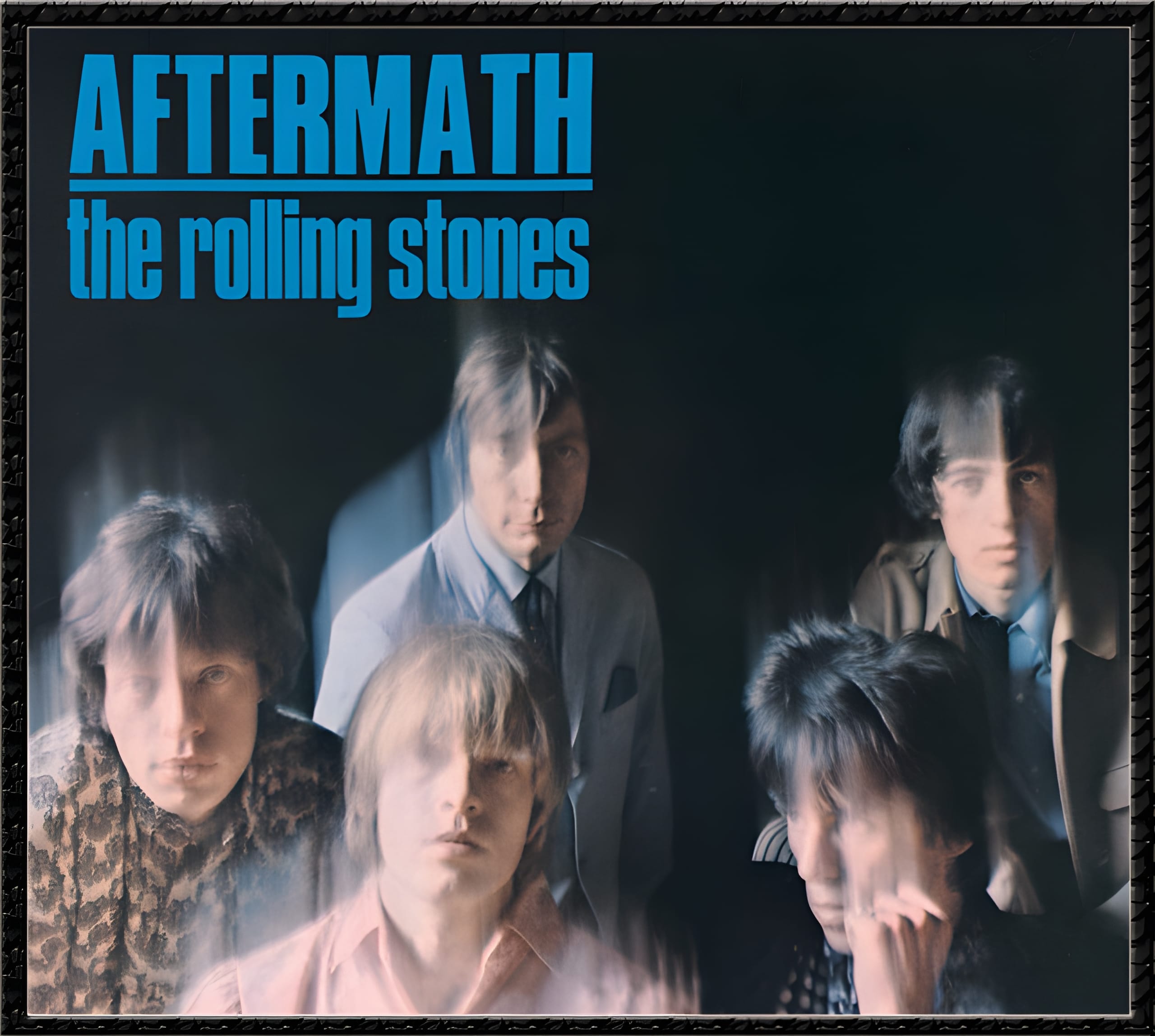Released: 1978
At its core, “Beast Of Burden” by The Rolling Stones, isn’t just another rock n’ roll track—it’s a soul-bearing plea wrapped in a cool groove that’s as timeless as the Stones themselves. This song whirls around the themes of love, desire, and the plea for mutual respect within a relationship. The Stones, with their quintessential swagger, dip into the emotional wells of vulnerability and longing, making this tune an unforgettable anthem of the heart.
The opening lines, “I’ll never be your beast of burden,” set a defiant tone right from the get-go. Mick Jagger, with his distinctive voice, emphatically denies being someone’s “beast of burden”—a phrase that paints a vivid picture of a workhorse or a draught animal, used metaphorically here to symbolize someone burdened with heavy loads or responsibilities. The narrator is essentially declaring he won’t be taken advantage of, worn down by emotional labor, or treated just as a means to an end. Yet, beneath this declaration of independence, there’s a tender flip side to the coin: “All I want is for you to make love to me.” It’s not about escaping responsibilities or commitments but rather seeking a reciprocal, loving relationship where both partners see and treat each other as equals.
The questions that follow, “Am I hard enough? Am I rough enough? Am I rich enough?” unveil the narrator’s insecurities and the universal human fear of not meeting someone’s expectations. These rhetorical questions serve as a mirror reflecting societal pressures and personal doubts about adequacy in love. Despite these confessions, there’s an assertive refusal to be blinded by these insecurities, “I’m not too blind to see”—indicating a self-awareness and refusal to be diminished by doubt or societal standards.
The song’s middle sections bring a change in tone, where the music and lyrics blend to evoke a sense of urgency and desperation. Referring to a “little sister” and “pretty, pretty, pretty girl,” the narrator seems to coax and plead, seeking affirmation and love. This softening is a plea for acceptance and understanding within a relationship, shedding any façade of toughness to reveal genuine emotional vulnerability. The repeated “please” emphasizes this longing for connection.
In an almost bluesy confession, the singer offers to take on the other’s burdens—”All your sickness, I can suck it up”—showcasing a willingness to support and be there for the person he loves, despite acknowledging that he might not be perceived as “her kind of man.” This segment of the lyrics reinforces the song’s overarching theme of seeking not just love but acceptance and mutual respect, beyond superficial markers of ‘enoughness.’
The song’s resolute declaration, “I’ll never be your beast of burden,” repeated towards the end, serves as a powerful closure—a reaffirmation of the plea and declaration that started it all. Yet, with the final lines, “All I want is you to make love to me,” the song wraps up where it began, emphasizing the simplicity of the narrator’s desire amidst the complex dance of relationships.
“Beast Of Burden” isn’t just a rock song; it’s a narrative journey through vulnerability, longing, and the human condition’s intrinsic desire for authentic connection. The Rolling Stones, true to their legendary status, deliver this message with a blend of raw emotion and that unmistakable Stones’ cool, making this track a timeless piece in the rock n’ roll mosaic.








